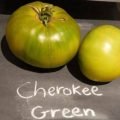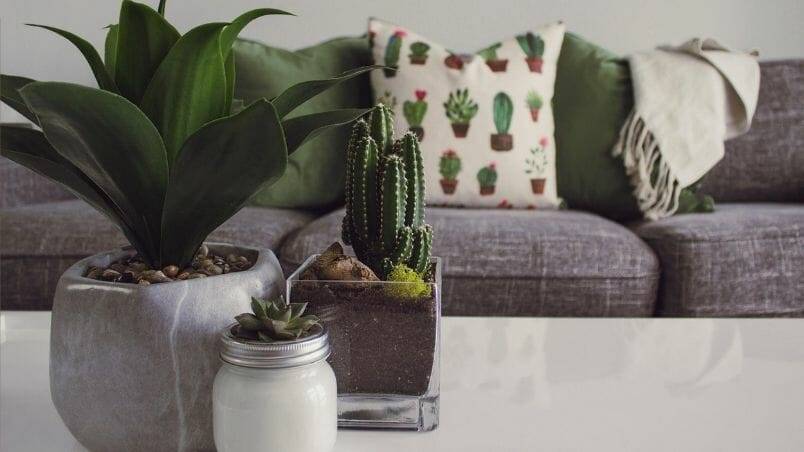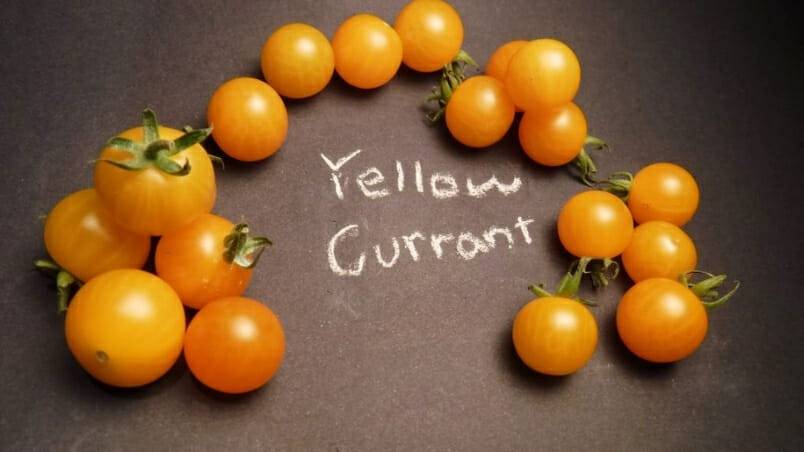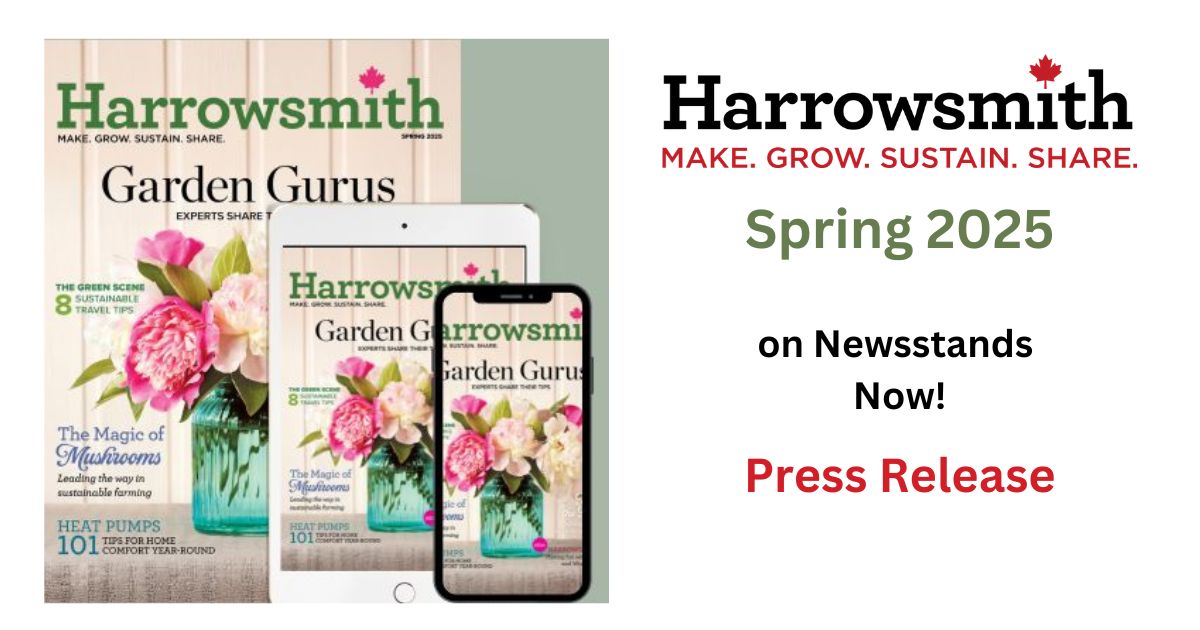I’ll never forget a particular incident that took place at my farmers’ market stall nine years ago. I was standing behind mounds of vibrant, colourful vegetables that I had harvested, washed, bundled and packed into my Pontiac Sunfire the night before. I was proud and in awe of the bounty that resulted from the symbiosis of my hard work, the soil, insects, seeds and sunshine. My booth looked stunning. The tablecloth and wicker baskets complemented the veggies and herbs. The bouquet of sunflowers I picked brought a smile to my face and I hoped it would make others happy too.
A man slowed to look at my stall, took a look at my veggies and the sign that read “fresh, organic food.” He held his finger up and wagged it at me, proceeding to let me know that there was absolutely no difference in nutritional content between conventionally grown produce and organic. He informed me that I had no right to claim any different and that I should not be charging more than grocery stores.

I stood there, frozen. I was caught off guard with no convincing defense. Perhaps he was right. Maybe it made no difference to the nutritional quality that I never sprayed my garden with chemicals. Was I tricking people into thinking these veggies and herbs were better for them? Was I gouging them?
Fortunately, that encounter didn’t stop me from growing organically. There was a deeper force at work that kept me from ever wanting to douse the land with chemicals. It just didn’t feel right.

As I went forward in my journey with farming I became more intrigued by the so-called weeds that I was pulling from the ground–dandelions, burdock and nettle. I started researching and utilizing them. I began making my own teas, tinctures and other products. I started to grow more medicinal herbs such as chamomile, calendula and lemon balm. My love for herbs grew and so did the space in my garden dedicated to them.
I met my husband around this time and his knowledge of herbs and knack for teaching launched me into the world of herbs in a more committed way. In the herbal medicine workshops that my husband conducted, he started to use the herbs (both fresh and dried) that I was growing alongside the imported herbs we purchased. There was a remarkable difference in vitality and potency, scent and taste. I thought if I noticed this much of a difference surely others would appreciate it and Rebel Roots Herb Farm was born.

Rebel Roots Herb Farm is located in Grey County, where we live with our two children. We cultivate and ethically wild-craft around 50 different medicinal and culinary herbs which we dry on site and sell via our online store, at health and wellness events, farmers’ markets, and conferences. Our customers range from everyday folks looking to make their own tea blend to clinical herbalists and other health care practitioners who use a lot of herbs as part of their protocols.
Farming allows us to experiment as well. We challenge ourselves to become increasingly “regenerative” by creating a system on the farm in which we increase soil fertility and health. We do this by using integrating inputs like compost teas, minimizing disturbance to the soil strata, cover cropping and utilizing our chickens to create fertilizer. We add more than we take away from the soil and rely less on outside inputs. We place a high emphasis on biodiversity on our farm in the form of varied crops and ensuring that the native species of plants, animals, insects and our children have a home here too. Regenerative Agriculture is all about restoring and building natural ecosystems. We work to create habitat, not destroy it.
Recently, I’ve noticed an upswing in the number of small and larger, established cosmetic companies reaching out, seeking quality botanical ingredients for their products.
Botanical-based beauty and body care products are becoming more desirable. Studies and lawsuits suggest that the chemical soup composition of several personal care products are wreaking havoc on our endocrine and other bodily systems. Not to mention the effect those same chemicals have once they are washed absently down the drain.
And this is the crux for me. It’s not about whether the veggies I grew nine years ago were more or less nutritionally superior than conventionally grown. It’s not about whether my herbs are more medicinally potent than herbs from overseas. It’s about the effect my farm is having on the land. It’s about whether my farm is a happy place for birds, insects, soil microorganisms and my children. It’s about having respect for the rest of life and if our farm helps to protect and encourage this mindset, we will keep it up as long as we can.

Visit Rebel Roots Herb Farm at rebelrootsherbfarm.ca or on Instagram
@rebelrootsherbfarm to learn more about their herbs, CSA (Community Supported Apothecary) and experiences.
Bobbi Burnett lives in Grey County, ON on her medicinal herb farm with her husband and two children (ages 6 and 4). She can mostly be found filling baskets with herbs from the field, filling the drying room or packing orders. Bobbi also enjoys making products with her herbs which are featured seasonally as part of the farm's Community Supported Apothecary shares. When Bobbi isn’t farming she goes to the beach, to the forest or camping with her kids.
Follow her herb appeal at rebelrootsherbfarm.ca.












